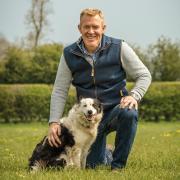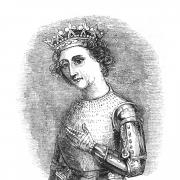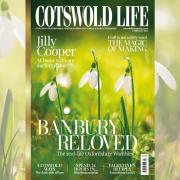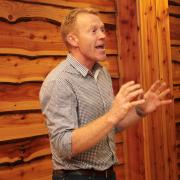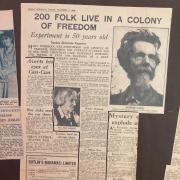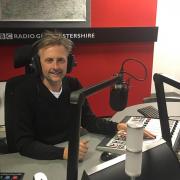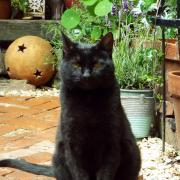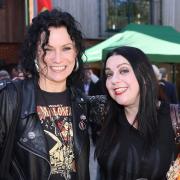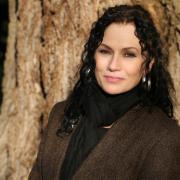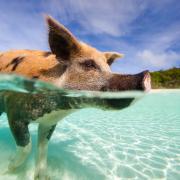Farming life in the Cotswolds with the Countryfile presenter
So much has happened since I sat down to write my last column, just a few short weeks ago, that it’s hard to know where to start; worsening economic gloom, a deteriorating situation in Ukraine and a new Prime Minister in Downing Street would normally be more than enough to dominate the daily news agenda. But the death of Her Majesty the Queen, Britain’s longest-lived, longest reigning and arguably most-admired monarch, not only stopped us all in our tracks but also heralded a truly historic moment.
There’s no doubt that Elizabeth II’s lifetime of service to the country and the Commonwealth will be discussed and studied for hundreds of years to come. The tributes and obituaries made a great deal of the Queen’s affinity with the countryside, and in particular her love of dogs and horses. So, is the same true of our new King?
I’ve been fortunate enough to meet Charles on several occasions, and always found him approachable, quick-witted and extremely knowledgeable about all aspects of rural life. In the summer of 2020, as lockdown restrictions were being lifted and we were preparing to re-open the Cotswold Farm Park to the public, the future king paid us a visit. And I knew from the outset that our special guest wasn’t calling in by chance. It was a very deliberate and perfectly-timed engagement by a man who knew how badly rural tourism had been hit by the pandemic and understood the importance of good publicity for accredited farm parks like ours, looking after Britain’s most endangered native breeds.
It’s a concern we share because, in 1986, he became Patron of the Rare Breeds Survival Trust, a charity set up more than a decade earlier by my dad and his fellow enthusiasts. So, perhaps I shouldn’t have been surprised when HRH took such an interest in our Suffolk Punch mare, Victoria. ‘I had two of these at Highgrove,’ he told me, ‘I was trying to do my bit to keep them going.’ The same could be said for his other rural passions: hedgelaying, hill farming, British wool, mutton, hay meadows… the list goes on.
He’s also an agricultural trail-blazer. It’s been 36 years since the then Prince of Wales converted Home Farm near Tetbury to organic production, although at the time he was on the receiving end of what he called ‘the usual ridicule and abuse’! But today, almost four decades later, those once-niche techniques play a vital role in food production and the diversity of farming methods across the British Isles.
The question now is just how many of His Majesty’s rural projects and royal patronages can he continue to champion as he takes on the responsibilities of kingship? In his first televised speech as sovereign, he admitted: ‘It will no longer be possible for me to give so much of my time and energies to the charities and issues for which I care so deeply.’
Yet it’s hard to ignore what’s in the regal DNA. On a hill in Windsor Great Park, visible from the visitor apartments in the world-famous castle, sits a monumental bronze statue on a massive stone base. It depicts George III on horseback in a lasting tribute to the man who created the farms on the Windsor estate and established the first royal dairy there. His agricultural know-how earned him a popular nickname – Farmer George. I don’t know if the new King has given much thought to what his own legacy might be, but I’ve got a feeling he’d be more than satisfied with ‘Farmer Charles’.
Follow Adam on Twitter: @AdamHenson
Cotswold Farm Park, 01451 850307; cotswoldfarmpark.co.uk
READ MORE: Wishing Gloucestershire farmer Eric Freeman a very happy 90th!








